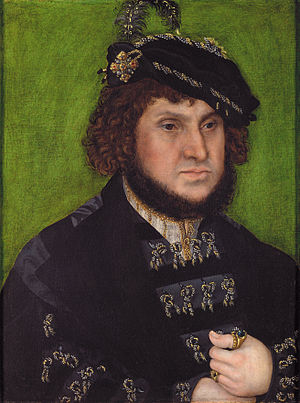On Day 3 of the cruise our ship docked in Warnemünde, near Rostock, Germany. We rented a van, and we were planning to drive to Wittenberg where Luther was a monk. When we got there, we were confused because we couldn't find anything, but when we talked to the woman at the information desk, we found out we were actually at Wittenberge, a town ~150km away from Wittenberg. They are both even on the same river, and have a college in them.
 |
| Examining a map |
 |
| A bell tower of the Protestant Church |
|
While at Wittenberge, we visited the Stadtmuseum(City Museum). The museum was mostly about the Singer sewing machine manufacturing plant in the town, operational from 1905-1991. There were also exhibits about the history of other industries, as well as the shutdown of plants during the Marxist rule.
 |
| A museum about the history of Wittenberge |
From there we drove to Putlitz where we ate lunch at a bakery (rolls and donuts.) We went to an old tower, which was part of the town's wall at one point, but we could not go inside.
 |
| A tower which used to be part of the Putlitz town wall |
On our way back to the port, we stopped at Wittstock, a fortified town which was sieged during the 30 year's war.
 |
| A church in Wittstock | |
At the end of the fortified town, there was a castle, the keep of which now houses a museum on the 30 Year's War. The museum had some really nice exhibits.
 |
| A model of what Wittstock looked like at the time of the 30 Years War |
 |
| The keep of Wittstock |
 |
| A firearm of the type used in the 30 Years War |
 |
| A Plague Doctor. The beak was filled with aromatic items to ward off the "bad smell" thought to have caused the plague |
 |
| A sword hilt of the era |
 |
| A view from the top of the keep |
 |
| The Castle Wall |
After the museum closed, we drove back to Warnemünde. Since we had time before the cruise ship left, we took a walk along the beach and through part of the town.
 |
| A view of the Baltic |
 |
| A lighthouse on the Warnemünde beach |
























